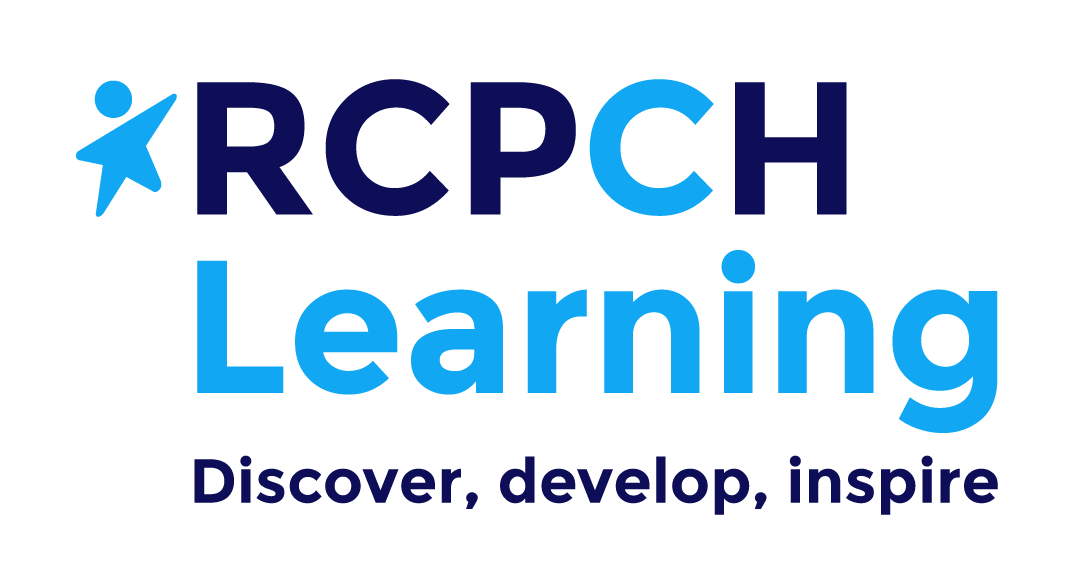How to Manage: Eating Disorders
Eating Disorders are classified as mental health disorders which can result in serious and life- threatening short and long-term medical consequences and are increasingly common in day to day paediatric practice.
What is the course about?
Eating Disorders are classified as mental health disorders which can result in serious and life- threatening short and long-term medical consequences and are increasingly common in day to day paediatric practice.
This course provides a clinical framework for the recognition, clinical risk assessment and management of children and young people with eating disorders.
Target Audience
- Paediatricians
- Psychiatrists
- General Practitioners
- Dieticians
- Senior Nursing staff involved in delivering care in medical outpatient and inpatient settings to patients under 18 years old with an eating disorder.
Learning Aims, Objectives and Outcomes:
Aim:
This study day will help delegates develop an approach to the management of children and young people with eating disorders.
Outcome:
By the end of this course you will be able to:
- Recognise a young person with an eating disorder and understand the principles of management.
- Develop a clinical approach to the assessment of sick patients under 18 with Anorexia Nervosa – junior MARSIPAN
- Understand the short and long-term medical complications of starvation and weight loss in children and adolescents with restrictive eating disorders
- Describe the medical approach to safe and effective refeeding
- Recognise, avoid and treat re-feeding syndrome
- Understand the principles of Family Therapy for Anorexia Nervosa (FT/AN) and develop an approach to collaborative working with the Community Eating Disorders Service for Children and young people
- Understand the psychiatric, ethical and legal aspects of managing eating disorders including application of the Mental Health Act
Faculty Leads

Dr Elizabeth Allison
Dr Elizabeth Allison is a Consultant in Paediatrics and works as medical lead for eating disorders at Sheffield Children's Hospital NHS Foundation Trust. She has worked as a Consultant in Paediatrics and Adolescent Medicine at Monash Children's Hospital in Melbourne, Australia between 2007 and 2014. In collaboration with Monash Children's Emergency Medicine colleagues she is a co-founder of 'TrekMedic' a rural outreach clinic in Nepal. She developed local guidelines and meal plans for the management of sick patients with Anorexia Nervosa at Bradford and Airedale NHS foundation Trusts and published these in 'Education and Practice' edition of Archives of Disease in Childhood in 2017. She was an invited speaker and moderator on Eating Disorders at the European Society of Parenteral and Enteral Nutrition (ESPEN) in 2019 and 2020.
Dr Lee Hudson
Dr Lee Hudson is a clinical academic paediatrician working at the GOS UCL Institute of Child Health and Consultant General Paediatrician at Great Ormond Street Hospital. Lee trained in the UK and Australia where he was a fellow in adolescent medicine and eating disorders in Melbourne. Lee was the paediatric member for the most recent NICE Guidelines for Eating Disorders and was paediatric reference group expert for the RCPsych’s MEED guidelines. Lee works with CYP with eating disorders in inpatient settings and outpatients alongside national eating disorder teams in medical complications of eating disorders. His research focuses on the interaction between mental and physical health, including leading the national MAPS study (Medical Admissions to Paediatric Wards Study) investigating the care of CYP admitted to general children’s wards with a mental health diagnosis. He regularly publishes on eating disorders in peer reviewed journals and book chapters in text books, and supervises PhD students studying mental health in paediatric groups (https://profiles.ucl.ac.uk/28361-lee-hudson/about). Lee is the lead for Child and Family Health at UCL Medical School.
